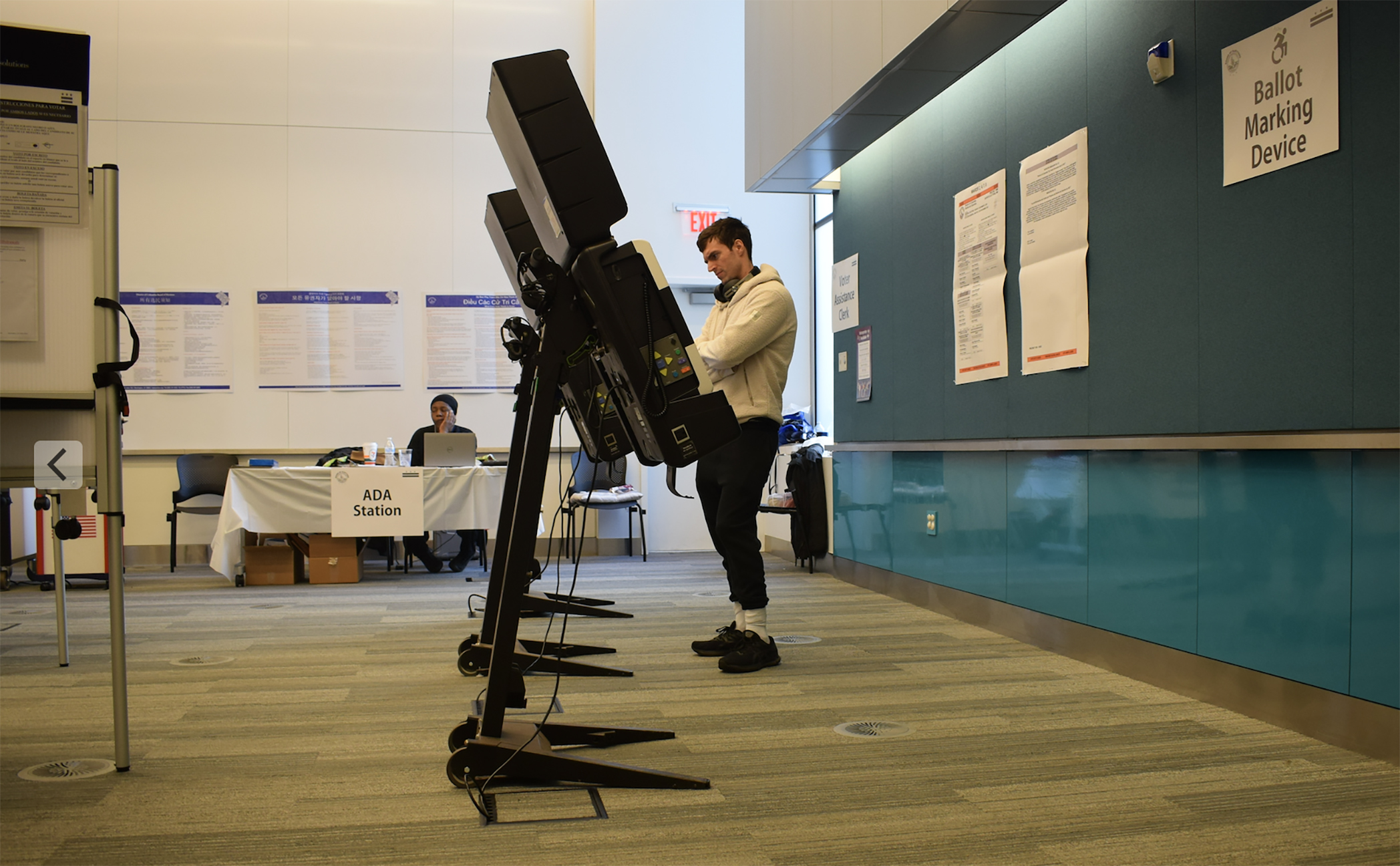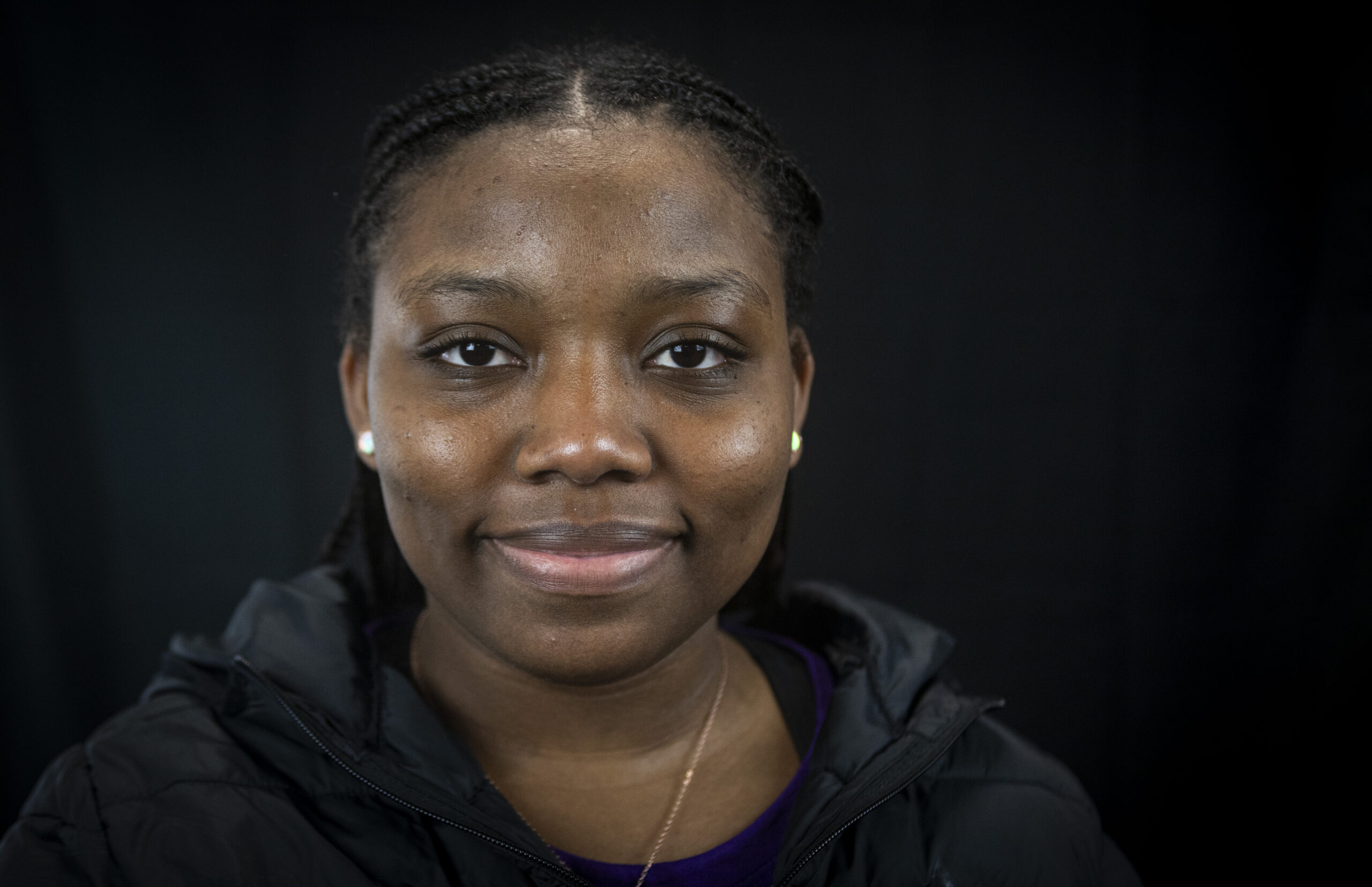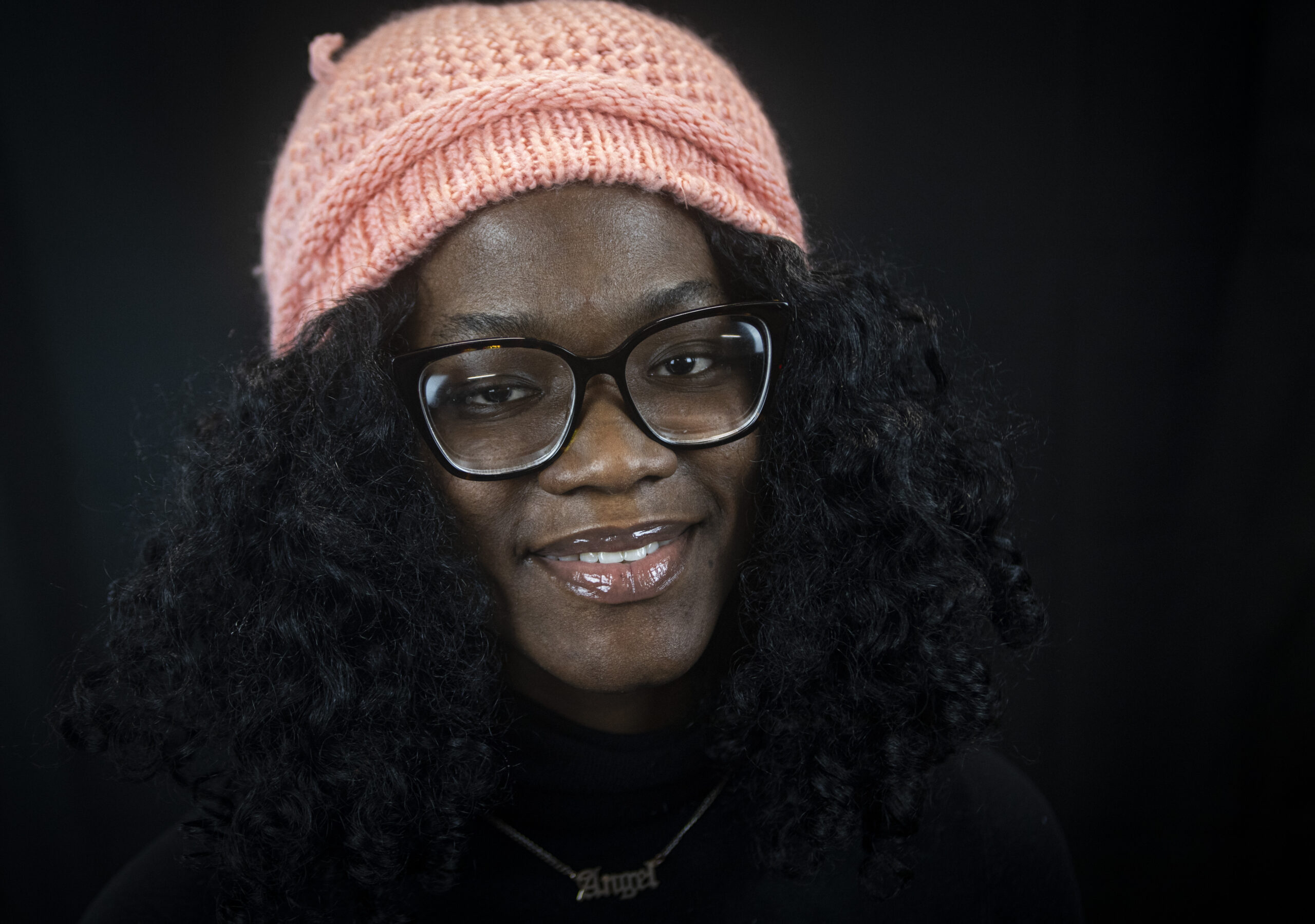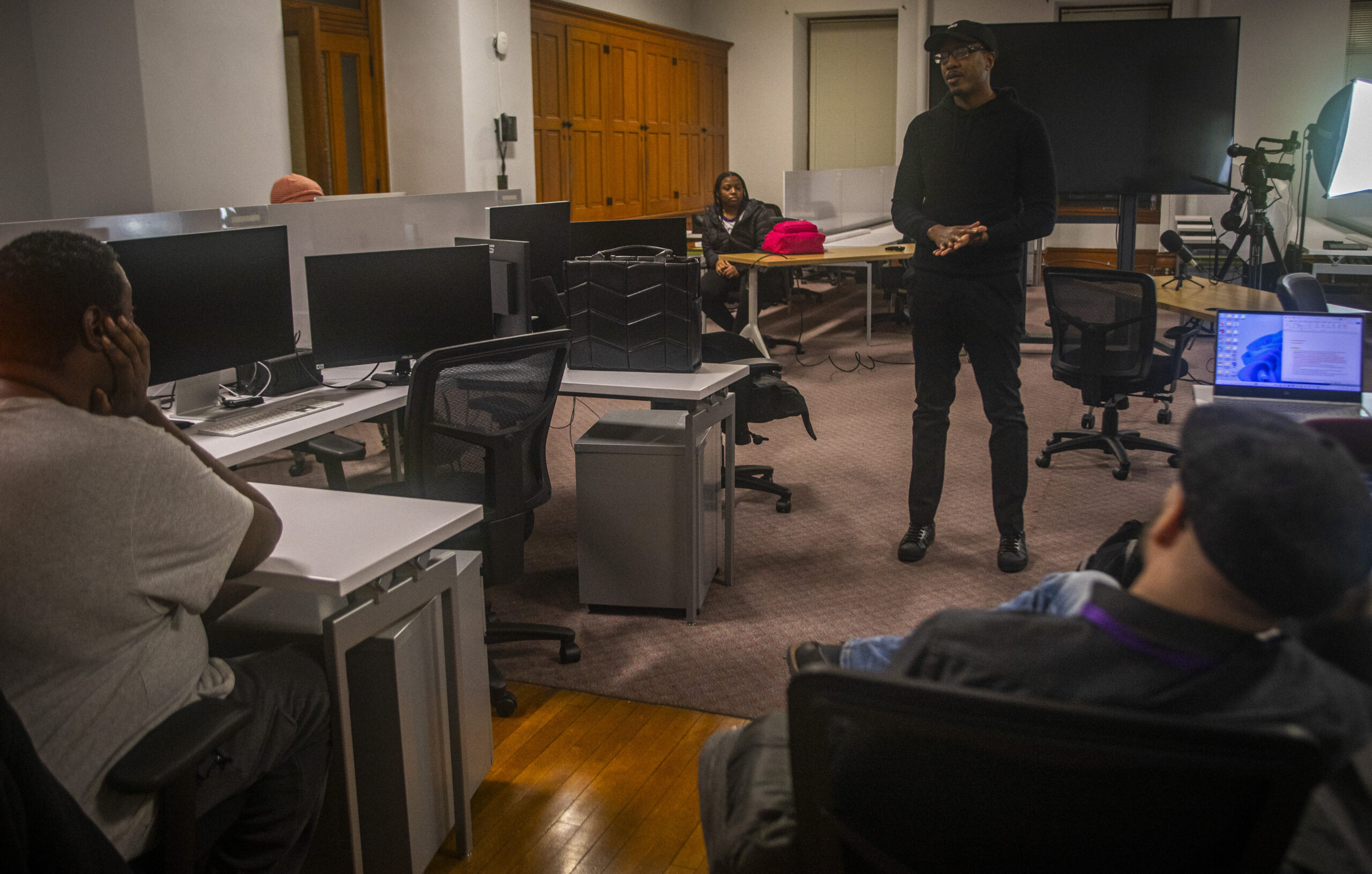
By Trinity Times Staff
For Trinity Washington University student Lexi Bernier, the upcoming 2024 presidential election will be her first opportunity to vote.
As vice president of Trinity’s Campus Activities Association, Bernier is excited at the prospect of helping to choose the nation’s leader, but also admittedly nervous.
She is among 40 million Generation Z youth who are potential voters in the upcoming election. Eight million of these voters became eligible after the 2022 midterms, and Bernier is taking seriously her role in getting out the vote at Trinity.

With about 10 months to go before the 2024 presidential election, pollsters find that a majority of U.S. citizens under the age of 35 are extremely likely to vote.
Student leaders at Trinity want to make sure their classmates are among the motivated younger voters in the November election and they will be working hard to engage them in presidential politics, said Millicent Okoro, president of the university’s Gold Class of 2027.
As an immigrant from Nigeria, Okoro is unable to vote in this election, but she strongly believes it’s vital that her fellow Trinity students who are U.S. citizens stay informed about just what is at stake.

“From having conversations with my friends, a lot of people are like, ‘OK, this doesn’t affect me, so why should I care?'” she said. “I think making it personal to them about why these issues matter and encouraging them to vote is very important.”
Trinity President Patricia McGuire told the university’s graduating class in January that the 2024 presidential race was a consequential election, and that she and her fellow scholars will spend the rest of the year urging young people to vote.
“If you look at the main social movements in this country, it was young people who were getting up and getting involved,” said Joshua Wright, associate professor of history at Trinity.
Voter turnout data shows that the mid-term elections of 2018 and the general elections of 2020 had record highs of college-age voters casting their ballots, with a slight drop in the 2022 mid-terms.
According to the Pre-2024 Election Youth Survey conducted by the Center for Information & Research on Civic Learning and Engagement (CIRCLE) at Tufts University – released Jan. 5, 2024 – about 57% of young people (ages 18-34) said they’re “extremely likely” to vote in this year’s presidential election, and another 15% said they’re “fairly likely.”
Those “extremely likely” percentage points drop to 51% for Latino youth and 44% for Black youth, the CIRCLE survey reports.
Though the survey shows most of the youth are motivated to vote now, there is no guarantee that a majority will stay enthusiastic when it’s time to cast a ballot in November.
A warning for candidates is that only 19% of the youth in the CIRCLE survey said they heard about issues and politics from a political party or campaign in 2023. This indicates that outreach is needed to keep this age demographic engaged.
“Universities need to give students the tools to find out about the candidates and their platforms,” Wright told Trinity Times. “Then they can make informed decisions.”

Though he often discusses the issues surrounding the presidential campaign with his students, Wright believes it’s the responsibility of both student leaders and the university administration to supply the young people on campus with information about the election. As this presidential election draws near, initiatives like voter registration drives and transportation to the polls become increasingly important.
As vice president of Trinity’s Campus Activities Association, Bernier said student leaders will be organizing political forums and debates about the presidential election throughout the months leading up to November, as well as other activities to get the student body engaged in the issues.
“Not many people know what’s going on,” she said. “So, a watch party (to view televised debates in a group setting) has been in the talks amongst the association.”
When Bernier began taking classes at Trinity in 2021, she observed a campus with very little student interaction. This prompted her to get involved with the Campus Activities Association to inspire more engagement.
Bernier worked as an intern for Gordon Fletcher’s campaign for the Ward 5 seat on the Council of the District of Columbia, and she plans to employ similar techniques learned on the job to bring presidential politics to her fellow students.
The CIRCLE survey found that 53% of young people under the age of 35 rated the cost of living and inflation as their top concern. This was followed by jobs that pay a living wage (28%), addressing climate change (26%), prevention of gun violence (26%) and expanding reproductive healthcare and abortion access (19%).
However, the survey also found that the issues youth care about are overwhelmingly influenced by their identities.
For example, it found that Black youth were more likely to rank fighting racism, preventing gun violence and addressing student loan debt higher on their priority list of issues.
Though young people have traditionally favored Democratic candidates, Wright said that isn’t a given in this upcoming election, since college students across the U.S. have voiced their disapproval of President Joe Biden’s handling of the war in Gaza.
Getting information from credible sources to Trinity students about the issues in the presidential election is Okoro’s mission in 2024, but she stressed it is crucial for university leaders to avoid partisan attacks.
It doesn’t mean there can’t be a healthy debate on the issues, she said, but all political deliberations should be topic oriented and focused on Trinity’s tradition for social justice.
– – –
Contributing to this story is Shaneka Burnett, Kimberly Goldsmith, Abigail Ofous, Kia Ross, Stephanie Thomas, Waleed Waite and Sydney Ware.